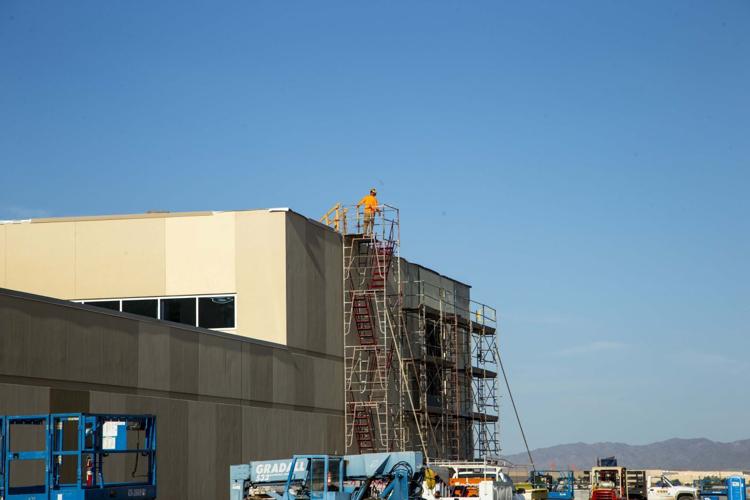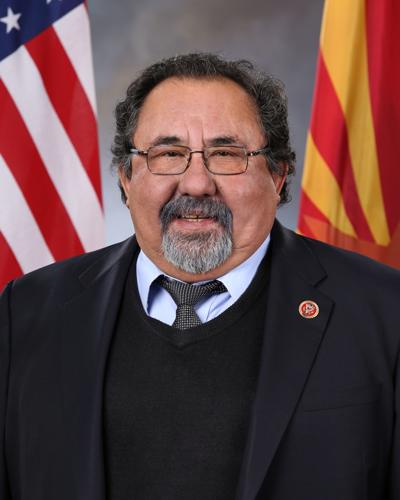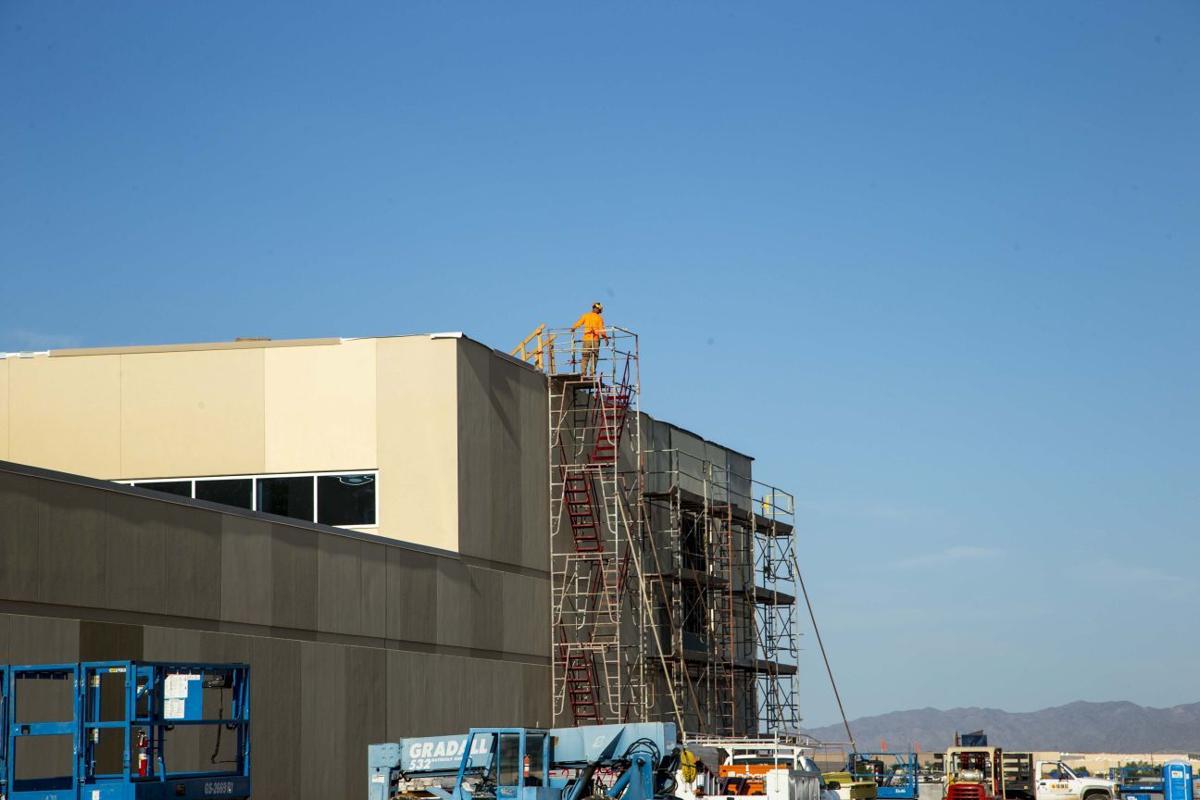PHOENIX — A Southern Arizona congressman is trying to block what he claims is a rushed-through vote Monday on legislation to stop the Tohono O’odham Nation from opening any kind of casino at all on the edge of Glendale until 2027.
U.S. Rep. Raúl Grijalva said the measure crafted by fellow Arizona lawmaker Trent Franks has been put on what Congress calls a “suspension calendar,” essentially a fast track without debate — and without a roll-call vote to put lawmakers on record. Grijalva is trying to stop that.
“This precedent-making legislation has no business on the suspension calendar,” he wrote in a letter to House Majority Leader Kevin McCarthy.
“Suspension of the rules is for noncontroversial legislation that doesn’t cost taxpayers money,” Grijalva continued. “This bill is both controversial and expensive.”
Grijalva cited a report by the Congressional Budget Office that the tribe could sue for — and potentially get — up to $1 billion if the legislation is approved and its gaming plans have to be scrapped.
But Franks press aide Destiny Decker said there is no basis for Grijalva’s contention there is a financial risk to taxpayers if HR 308 becomes law, calling the CBO analysis “meaningless.”
She acknowledged it put the cost at up to $1 billion — but also potentially as little a zero. And Decker said there is no reason to believe the tribe would be successful if it sued.
“Case law makes it pretty clear that there would be no viable-takings claim by the tribe,” she said. “There can be no budget impact from a casino that is not authorized by law and would be operating illegally.”
Grijalva countered the potential price tag should be important to supporters of HR 308.
“The Republican delegation in Arizona is quick to want to curtail Medicaid, Medicare, quick to cancel a transportation bill because of cost,” he said. “And here they have no qualms about a sweetheart deal,” which he said is designed to help other tribes that stand to lose business if the Glendale casino opens.
And in another last-minute bid to kill the bill, the city of Glendale also weighed in, with Vice Mayor Ian Hugh sending a letter to House leadership Wednesday in opposition.
Hanging in the balance is the ability of the Tohono O’odham Nation to have any sort of gaming on the property.
A 1986 law gave the tribe $30 million in compensation after a federal dam project flooded the 10,000-acre San Lucy District of the reservation near Gila Bend. That law allowed the tribe to use the funds to buy land in Pima, Pinal or Maricopa counties and eventually have it become part of the reservation.
The tribe bought land at the edge of Glendale in 2003 but kept its ownership under wraps until 2009, when it unveiled plans for a $550 million complex anchored by a hotel and casino.
Foes, including Franks, contend those plans are contrary to what voters were told when they approved a 2002 ballot measure giving tribes the exclusive right to operate casinos in exchange for a share of the profits. The measure supposedly limited casinos to existing reservations.
But the measure included a little-known loophole allowing gambling on lands added to reservations under circumstances applicable to the Tohono O’odham Glendale purchase.
HR 308 effectively would amend, retroactively, the 1986 law, allowing the tribe to keep the land it bought, which has since become part of the reservation. But it would ban all forms of casino gambling there until 2027 — even Class II gaming, which is not regulated by the state.
Grijalva said the question of whether Tohono O’odham officials did not keep their word to voters or other tribes “could be a debatable point.” But he said the fact remains that federal courts, citing the language of what voters actually approved in 2002, have rejected arguments that the tribe’s plan violates the compact.
Franks does not see a problem with pushing ahead with a vote.
The identical measure was approved in 2013 only to fail in the Senate. Franks hopes for a better result this time, what with a companion bill backed by the state’s two Republican senators awaiting action in that chamber.
More to the point, Franks said the impact of the legislation goes beyond Glendale. He said unless the measure is approved it “may lead to an expansion of off-reservation casinos and dangerous changes to the complexion of tribal gaming in other states across the country.”
Up until about a year ago Glendale was among the entities opposed to the casino. But that all changed when the tribe entered into a deal with the city to give it more than $25 million during the next two decades in exchange for its support.
That included an immediate $500,000 payment plus giving the city $1.4 million a year, with that increasing annually by 2 percent. The deal, announced a year ago, also requires the tribe to provide another $100,000 a year to promote Glendale and the West Valley “as a premier destination for business and leisure travelers.”
There was no response from McCarthy’s office to a request for comment.







